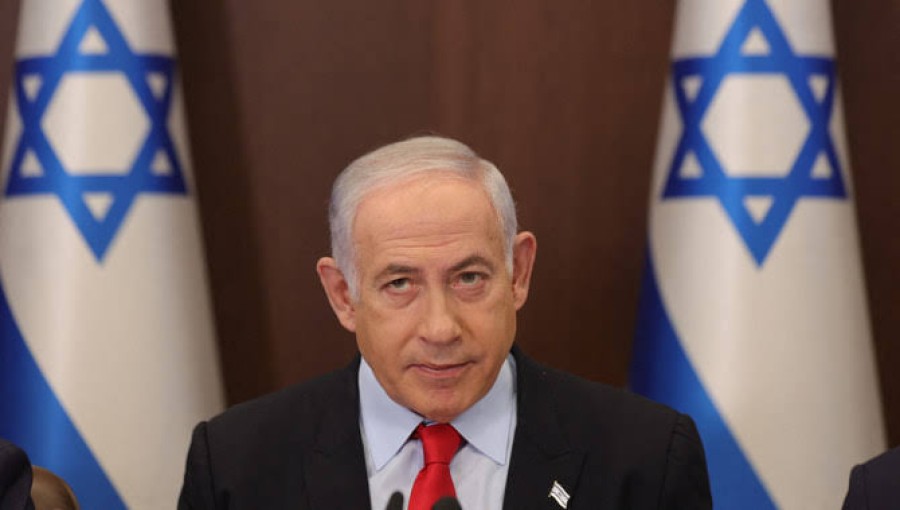Israeli Prime Minister Benjamin Netanyahu has strongly pledged to resist any potential sanctions imposed on his country's military, following reports that a specific army unit may face sanctions for alleged human rights abuses. The news, first reported by the British media outlet BBC on Monday, highlights the escalating tensions surrounding the possible sanctions on the "Netzah Yehuda Battalion" of the Israeli army.
According to recent reports from US news outlet Axios, the United States is considering imposing sanctions on the battalion for its alleged involvement in human rights violations in the occupied West Bank of Palestine. The decision is said to be based on incidents preceding the October 7, 2023, terrorist attack by Hamas in Israel. Despite the unit's withdrawal from the West Bank in 2022, the proposed sanctions have stirred controversy both domestically and internationally.
The potential sanctions come under the provisions of the "Leahy Act" of 1997, which restricts foreign aid and defense training programs to security and military units implicated in human rights abuses. While other units of the Israeli Defense Forces (IDF) and police have faced similar accusations, the decision to single out the Netzah Yehuda Battalion underscores the gravity of the allegations against them.
Reacting to the news, Prime Minister Netanyahu vehemently denounced the possibility of sanctions, vowing to combat them with utmost vigor. Netanyahu's stance reflects the deep-seated resistance within the Israeli government against any punitive measures targeting its military apparatus.
In response to the brewing controversy, the Palestinian presidency condemned the potential US decision to approve aid to Israel, denouncing it as an act of aggression against the Palestinian people. The Palestinian leadership warned that such actions would only serve to exacerbate tensions and escalate violence in the region.
Meanwhile, in the United States, a bipartisan support package for Ukraine and Taiwan, which included the proposed aid to Israel, faced some opposition within the US House of Representatives. Despite the approval of the legislation, several Democrats expressed reservations and voted against it, signaling the complex political landscape surrounding foreign aid and military assistance.
As the situation continues to unfold, tensions remain high both domestically and internationally, underscoring the delicate balance of power and the intricate dynamics shaping the Middle East region.





























Comment: